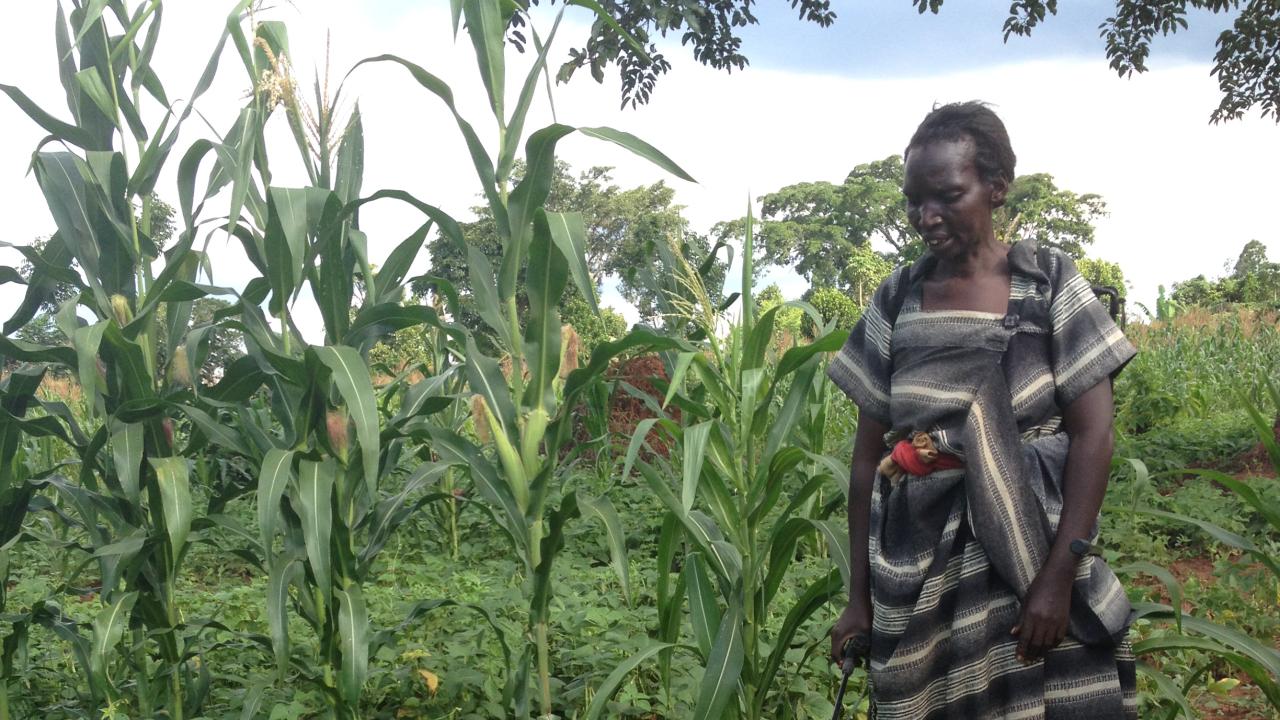
Although there was a wave of land tenure reform in Africa in the 1990s, these reforms have demonstrated that legislation alone does not create property rights and tenure security. In addition, many reforms did not adequately address the issues of common property and women’s access to assets.
This project will analyze the social, economic and institutional barriers that women face in accessing and controlling assets, including land. It will also asses the interactions among various assets and provide concrete suggestions of how to improve policy and practice to enhance women’s access to and control over assets.
Uganda legislated land reform in 1998, whereas Liberia is now emerging from 26 years of conflict and land reform is high on the agenda of the newly-elected government. More information is needed on land tenure security and asset ownership among rural people in order to develop secure tenure systems. It is hoped that the post-conflict experiences in Uganda can help inform the evolution of land reform policies in Liberia.
In Uganda, a study of the processes and pilot initiatives that have already been undertaken, and looking at their impacts, can contribute to improved programs on the ground to secure land rights of the poor, particularly women. In Liberia, the findings of this project on the state of tenure across different types of land uses as well as between areas with existing freehold title and customary tenure will be provided directly to the Governance Reform Commission, which will be creating a new land tenure policy for the country.
